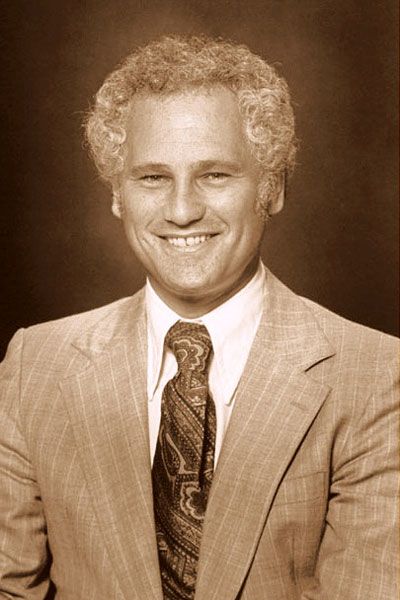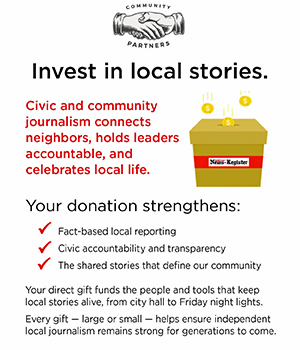Goldschmidt ‘what if’ almost 40 years later

I am a little torn about what to do with one of the mugs at my desk.
Not the A&W float glass or the Linfield University one. Those I keep.
This is a thrift shop purchase, a faded item dating to the political year 1986.
“It’s about work/It’s about change/It’s about time/Neil Goldschmidt for Governor” reads one side.
On the other is a photo of the pariah former Portland mayor/U.S. transportation secretary/Oregon governor. His face, fittingly, is barely visible.
We all know that Goldschmidt, who died June 12, won that 1986 race and then stepped aside after one term.
Reading the responses to his death in the past three weeks, I was struck with how writers and those quoted made a point of underlining that Goldschmidt should be remembered not for his considerable accomplishments in the public eye but for the terrible crimes he committed in private. And I agree, for his rape of a teenage girl and treatment of his victim was truly reprehensible.
So it feels a little uncomfortable to mention a worn out coffee mug or an earlier, semi-comical episode of Goldschmidt’s life — one that slightly surprises me no one has mentioned, that I saw, in articles about his public life. But I do still own the cup and remember the incident.
In 1986, before Bend grew dramatically and became the center of things, when Goldschmidt’s Republican opponent, Norma Paulus, suggested one of their three debate locations be in Deschutes County, Goldschmidt replied he did not want to debate “in the middle of nowhere.” He rightfully took a great deal of heat over that thoughtless remark, which was also viewed at the time as somewhat funny.
What was not funny were other things going on with Goldschmidt at the time. The terrible gravity of it dominates my memory of meeting Goldschmidt at a campaign stop 38 years ago near Dallas, where I worked for the newspaper at the time. The memory kind of chills me now that I have connected it to the timeline of the crimes Goldschmidt had committed.
That day Goldschmidt took a brief tour of a grass seed storage facility, along with supporters and business owners. After the ribbon-cutting, or whatever official business took place, as people were kind of standing around, I realized Goldschmidt had drifted off. He had moved on his own into a side area of the plant, and was looking down at the ground, with what struck me as a solemn countenance.
He was speaking to no one, just standing apart, apparently lost in his thoughts. I remember thinking, here is my opportunity to approach this guy and have a quick but pithy interview.
But I could tell he was a man who in that moment wanted to be left alone. So I did not approach him,
I have a suspicion, now, of what those thoughts might have been. Some years had passed since the abuse, but not his knowledge of the damage he had done to Elizabeth Dunham, starting in the 1970s.
Is that worry or regret what was on his mind that day? We’ll never know, of course, but I suspect it was.
What if I had gone over to this solitary man and asked him, “Mr. Goldschmidt, what’s on your mind?”
Kirby Neumann-Rea is the News-Register’s managing editor.












Comments